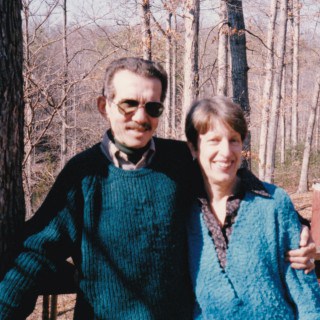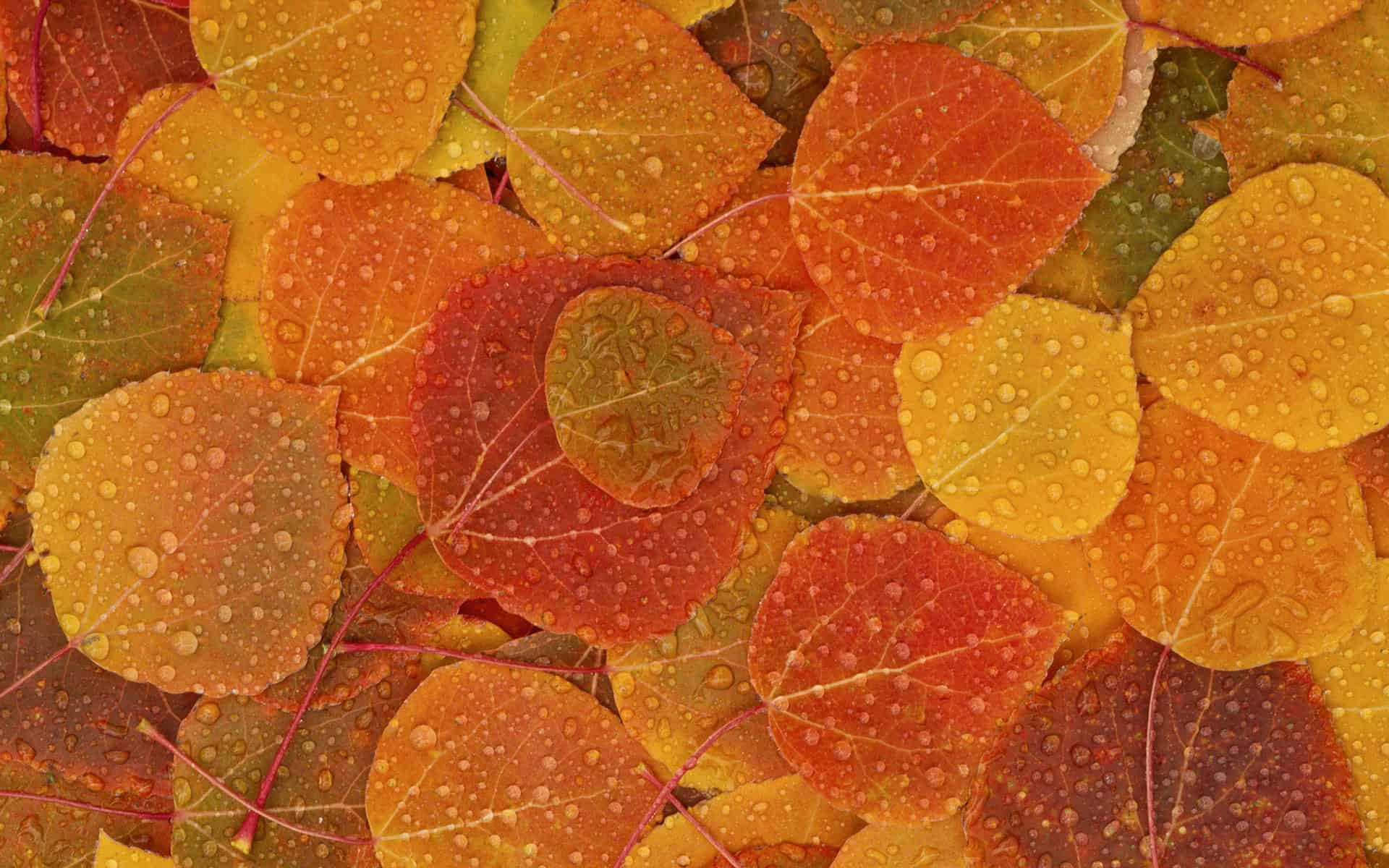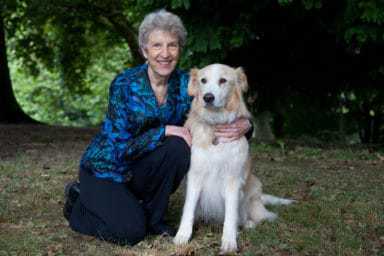The Caregiver’s Lament
In this post I’m going to share something about my emotional condition during our adventure in healing, even though this is really more my husband’s story than mine. But it seems that the hardships of the spouse or care-giving family members are often neglected. The feelings that arise in the cancer spouse/partner can be troublesome because they can be very negative, while the cultural expectation is that the care-giver is tireless, patient, and loving. What if you just came right out and said, “I’m completely stressed out from worry and hard work. And I’m tired of my husband/wife getting all the attention. Nobody ever listens to me. I feel like going on a long vacation! ” Well, I actually said those kinds of words, and some even worse. Yet I wasn’t struck by lightening, our marriage not only survived but thrived, and my husband got well.
Courage Demanded
The early years of my marriage to Jack had not been happy ones — it seemed that neither of us knew quite what we were getting into. Then, after we had been married only two years, he was diagnosed with esophageal cancer, which I learned was a particularly deadly form of cancer. He was treated at the National Institutes of Health (NIH) in an experimental chemotherapy-surgery program. He did very well for three years, after which the tumor came back and the doctors at NIH gave up hope for a cure. So we decided to try a different approach. Jack and I went to the Janker Clinic in Bonn, Germany, where he was treated with a different chemotherapy regimen, radiation, and ultrasound therapy. Improvements from this treatment lasted only a few months, after which the tumor started to grow back rapidly and the German doctors also gave up on him.

However, Jack was not about to give up. Nor was I. So he decided to try every alternative form of healing we could think of, including vitamins and enzymes, Reiki, massage, spiritual healing, meditation and visualizations, and intensive psychotherapy. I had learned acupressure and foot reflexology, which I gave him every day for more than a year, and which turned out to be relaxing and healing for me as well as for him. Within slightly more than a year he was cancer free.
The Saving Grace of Psychotherapy
We both agreed that a critical ingredient in Jack’s healing, perhaps the critical one, was psychotherapy. Yet the defining element, if there was only one, remains a mystery, and it is more likely a combination of factors were responsible. At any rate, Jack lived for 24 years after the initial diagnosis, most of which were healthy and happy, and he did not die of cancer.
Our therapist, Barbara, was a no-nonsense counselor who was very directive with us. She knew the seriousness of Jack’s condition and was not about to let us waste any time. She maintained that any healing would occur only if we were both completely honest with her, with ourselves, and with each other. She pulled out our darkest secrets and made us communicate from and with the heart. She encouraged us to release repressed emotions, sometimes even by beating on pillows, screaming, and crying. But she always brought us to a place of reconciliation by the end of each session. With Barbara I could finally express the “socially incorrect” feelings of anger, resentment, and fear that Jack’s cancer had provoked. I was angry that he was threatening to check out on me, resentful that the treatments used up so much of our shrinking income while he was still paying alimony to his former wife, and fearful of the very real possibility of losing him, of widowhood.
Jack is the hero of this story because of his unflagging determination, his faith in the healing process, and his willingness to look at his own part in our dysfunctional marriage. But Barbara, our therapist is also a hero. She helped Jack face his demons and grasp the powerful connections between body, mind, and spirit. She also supported me throughout this journey. When I told her that nobody was listening to me, she responded that she actually spent more time listening to me than to Jack. She was right. I felt needy and under-appreciated. Barbara understood my level of stress and she understood the importance of healing our marriage as well as the physical healing. We were on this path together, and my well being was integral to Jack’s. For that reason, the revelation and acceptance of our darkest feelings were paramount. Nothing was off the table, so long as we returned to that place of love and respect, to which she would always bring us at the end of each session.
Help for the Caregiver
There’s that old saying, “If Mama’s not happy, nobody’s happy.” A disgruntled caregiver is not exactly an asset to the household. I believe that the treatment of cancer patients is most likely to succeed when the spouse, partner, or main caregiver is fully respected and attended to, even when she or he needs to express those “socially unacceptable” emotions. This is best accomplished in the therapeutic setting.
Every case is different, as is every human soul. Some cancer patients will need relatively little care from their families, and others will need a great deal. Some caregivers will respond with confidence and equanimity, while others (like me) will need reassurance and important insights. Likewise, some patients will be in a state where they are strong enough to work on their shadow sides, plunge into the emotional depths, and address existential issues. Others, however, may be either too sick or too reticent to do that. I am not suggesting that couples always travel the psychotherapeutic road together, although it was certainly useful in our case. But the caregiver should always have at least the opportunity for individual counseling. Everyone would benefit.




